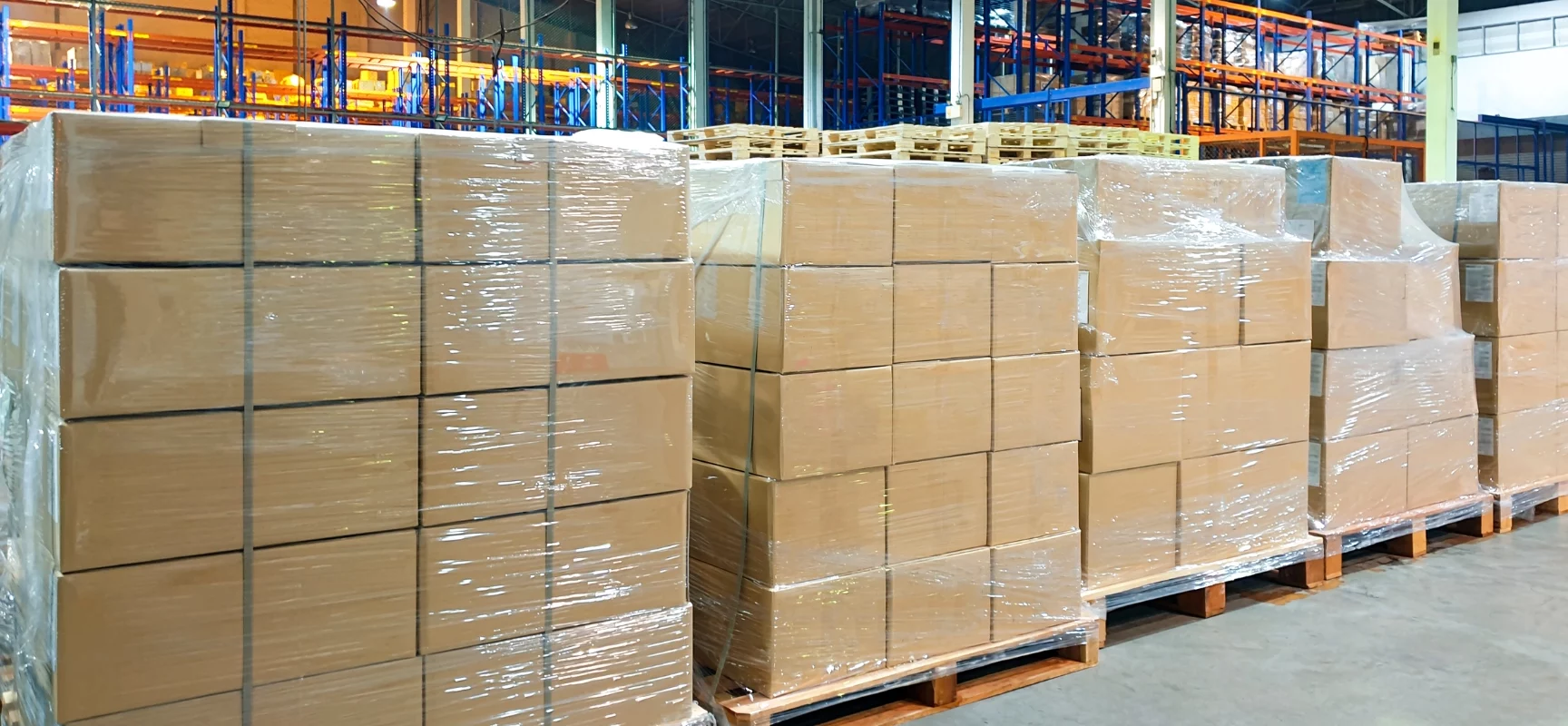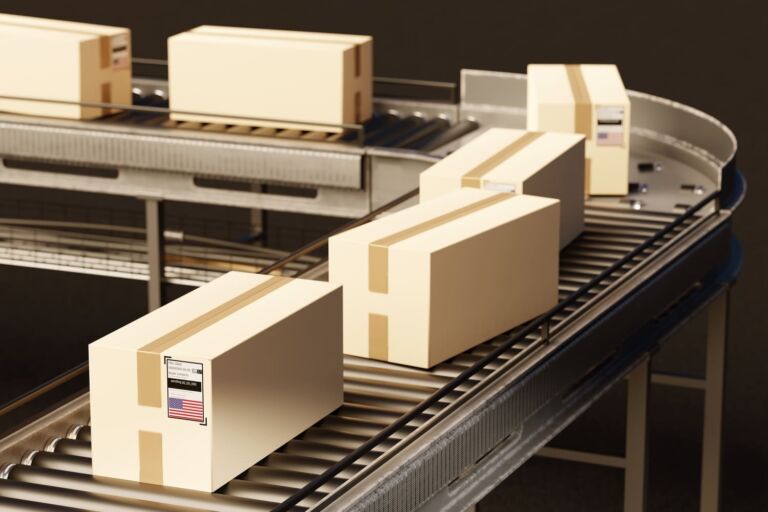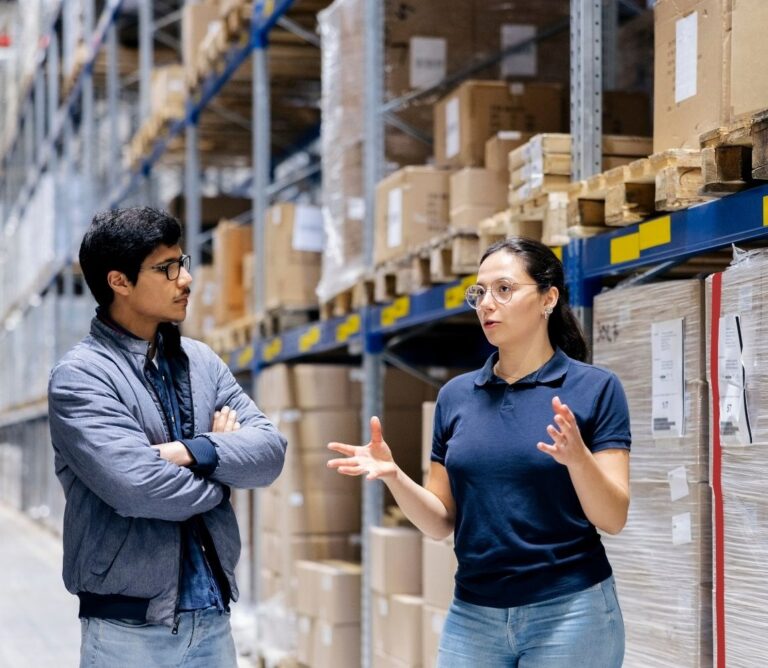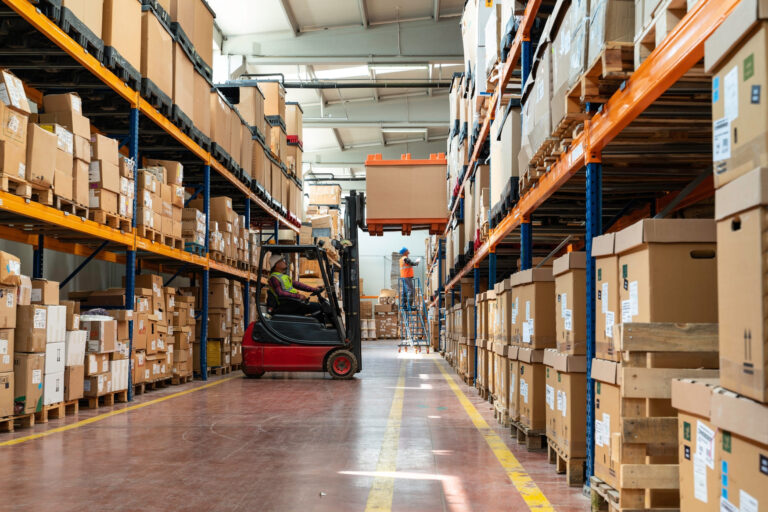Fulfillment and Logistics: The Ultimate Guide to Efficient Order Fulfillment

Efficient fulfillment and logistics are the lifeblood of any successful e-commerce business. In simple terms, fulfillment logistics covers every step from receiving an order to delivering it to the customer – including inventory management, order processing, picking and packing, shipping, and even handling returns. When these steps run smoothly, customers get their orders accurately and on time, driving satisfaction and loyalty. In fact, studies show that 84% of shoppers have placed orders specifically because shipping was free, underscoring how critical fast, reliable logistics fulfillment is for sales and repeat business.
What Is Fulfillment in Logistics?
Fulfillment in logistics (often just called fulfillment logistics) is the part of the supply chain that manages how orders are delivered. It’s essentially the “back-end” of the customer experience. When a customer places an order, fulfillment logistics kicks in – tracking inventory, picking the items from storage, packing them securely, shipping them through the carrier network, and providing tracking updates until delivery. Every on-time delivery builds customer trust; every delay or mistake can cost sales. In this way, fulfillment operations can make or break a company’s reputation. In practice, retailers often rely on advanced software and third-party logistics (3PL) partners to handle these details efficiently. By outsourcing to experts, businesses can streamline their fulfillment logistics, reduce errors, and meet rising customer expectations without overextending their own resources.
How Fulfillment Operations Work
The fulfillment process is the backbone of retail operations, encompassing the steps from order receipt to product delivery. In general, modern fulfillment operations follow these core steps:
- Order Intake & Inventory Allocation: When an order is placed (via an online store, marketplace, or sales system), it’s immediately logged into the inventory system. The required products are reserved in the warehouse or fulfillment center so you know exactly what you have on hand and what needs to ship.
- Picking and Packing: Warehouse staff (or automated systems) pick the ordered items from storage locations. Each item is carefully packed and labeled. Quality control checks ensure the right products and quantities are selected, minimizing mistakes.
- Shipping Preparation: Packed orders are labeled with shipping barcodes and sorted. The best shipping method and carrier are chosen (ground, air, expedited, etc.) based on cost and delivery speed. Multiple warehouse locations nationwide allow inventory to be split up and sent from whichever facility is closest to the customer, dramatically speeding up delivery.
- Delivery and Tracking: Orders enter the carrier network – sometimes via regional distribution hubs or last-mile delivery centers – until the package reaches the customer. Throughout, the customer receives tracking updates. Fast, reliable shipping is essential: studies show quick delivery options can significantly reduce cart abandonment and boost repeat purchases.
- Returns Management (Reverse Logistics): If an item is returned, a smooth returns process is crucial. Returned goods are inspected and restocked or disposed of as appropriate. Efficient returns build customer trust; in fact, retail returns account for over 16% of sales (roughly $800 billion in merchandise annually), so handling them well protects revenue and brand reputation.
Each of these fulfillment operations steps must be carefully coordinated. Leading 3PL providers use sophisticated warehouse management systems and real-time data to keep everything running efficiently. By automating these processes and keeping inventories visible, they ensure orders get fulfilled accurately and on schedule.
Benefits of Third-Party Fulfillment and Logistics Services
Partnering with a specialized 3PL for fulfillment logistics unlocks powerful benefits for growing businesses. Key advantages include:
- Faster Delivery: A 3PL partner typically operates multiple strategically located warehouses. This means your products can be split and shipped from facilities closer to your customers, drastically reducing transit times. Faster shipping not only delights customers but also cuts costs.
- Improved Accuracy: In-house or home-based fulfillment is prone to errors like wrong items or mislabeled boxes. Professional fulfillment centers are optimized for accuracy – using organized layouts, automation, and quality checks. Well-run 3PL “is designed and optimized to be as efficient and effective as possible” to minimize mistakes. This means fewer returns, higher customer satisfaction, and less wasted effort fixing mistakes.
- Lower Costs: 3PLs leverage high-volume shipping to negotiate bulk discounts on freight and packing materials.These logistics partners “work with all of the major shipping carriers” and pass on better rates to customers. Beyond shipping, 3PLs spread warehouse overhead across many clients, so you only pay for what you use (often with no long-term storage commitments). The result: competitive shipping rates and reduced fulfillment spend per order.
- Scalability and Flexibility: When your order volume grows (say seasonally or due to marketing campaigns), managing fulfillment in-house can require a big investment in space, staff, and systems. Handling surges in order volume is often a sign it’s time to go 3PL – they can quickly absorb spikes without the headaches of expanding your own warehouse. Conversely, during slower periods you’re not paying for unused capacity.
- Focus on Core Business: Let’s face it – day-to-day logistics are time-consuming. By handing off fulfillment tasks, you free your team to focus on product development, sales and marketing, and customer relationships. Small businesses growing beyond manual fulfillment often find it “very easy to make mistakes” on their own, whereas an expert 3PL “foolproofs” the process. Moving logistics off your plate lets you concentrate on the things that only you can do.
- Enhanced Technology and Visibility: Modern 3PLs offer integrated software that tracks every order and inventory movement. This visibility helps with forecasting and prevents stockouts or overstock. You gain access to real-time data on inventory levels across multiple locations, so you know exactly when to reorder and where your products are at all times.
In summary, using expert logistics fulfillment services means faster delivery, fewer errors, and lower costs – all while giving you peace of mind. Businesses that partner with 3PLs often see higher customer satisfaction, lower cart abandonment, and better margins thanks to these operational efficiencies.
Olimp Warehousing: Your Fulfillment and Logistics Partner
When you’re ready to take your fulfillment logistics to the next level, Olimp Warehousing has the solutions and expertise you need. Olimp’s online platform connects you with a vast network of thousands of warehouses across the country. Our customers benefit from:
- Nationwide Warehouse Network: Olimp partners with top-tier facilities in every region. This means you can store inventory closer to your customers and achieve lightning-fast delivery times. Our real-time search and booking platform helps you find the ideal warehouse for your needs in minutes.
- Flexible On-Demand Storage: We offer truly on-demand warehousing with no long-term contracts or minimums. Whether you need a warehouse for one pallet or multiple trucks, Olimp’s network handles it. This flexibility is perfect for seasonal inventory or sudden surges – you pay only for the space and time you need.
- Specialty Fulfillment Solutions: Olimp’s curated network includes many specialized facilities. Need temperature-controlled storage? A food-grade or FDA-registered warehouse? Hazmat-certified space for hazardous materials? We’ve got you covered. Our warehouses also feature equipment like slip-sheet forklifts and offer value-added services (cross-docking, pallet reworks, etc.) to handle unique logistics requirements.
- End-to-End Support: Beyond storage, Olimp streamlines your entire fulfillment process. We coordinate cross-docking, pallet moves, and even local redeliveries if a carrier misses a drop-off. Each step is handled by professionals so you can trust that orders will be processed correctly and delivered on time.
- Data-Driven Efficiency: With Olimp, you get visibility into your inventory and shipments through our platform. Track stock levels, set reorder points, and manage multiple warehouses seamlessly. This reduces manual guesswork and keeps your supply chain running smoothly.
In short, Olimp Warehousing provides comprehensive fulfillment and logistics services that are tailored to your business. We combine cutting-edge technology with a network of vetted warehouses to deliver unmatched efficiency and reliability.
Ready to optimize your fulfillment operations? Visit Olimp Warehousing.com or request a quote today to get started. Our team will help design a fulfillment strategy that scales with your business. With Olimp as your 3PL partner, you’ll delight customers with fast, accurate deliveries while freeing your team to focus on growth. Make Olimp part of your fulfillment logistics strategy – get in touch now and see how streamlined order fulfillment can transform your bottom line.
You may be interested in

Third‑Party Fulfillment: Save Money & Scale Faster
Outsourcing order fulfillment isn’t just a logistics decision; it’s a strategic move that can lower costs, save time and help you expand into new markets. According to the U.S. Chamber of Commerce, working with a third‑party fulfillment provider reduces costs by leveraging the provider’s infrastructure and negotiated carrier rates. At the same time, logistics costs […]

Omnichannel Logistics: Strategies for E‑Commerce Success
The surge in e‑commerce has transformed how goods move from producers to consumers. Statista projects that the global last‑mile delivery market will exceed $200 billion by 2027, up from $108.1 billion in 2020. At the same time, research shows that 60 – 70 % of consumers shop both online and in physical stores. These shoppers expect fast shipping, convenient pick‑up options […]

3PL vs In-House Logistics: When to Use a Warehouse or 3PL? (Essential Guide)
Running order fulfillment from your garage or back room can save money at first, but growth brings new challenges. In-house logistics means you handle everything yourself – storing inventory, packing boxes, managing shipping, and processing returns. This gives you full control and customization, but it becomes complex as orders grow. A 3PL (third-party logistics) provider […]
Ready to streamline your warehousing needs?
Request a quote today and discover how OLIMP's tailored solutions can optimize your operations